

It was Rocksteady Studios that first stunned gamers and comic book fans alike when they proved with Batman: Arkham Asylum that not only could a Batman game not be terrible, but offer a genuine chapter in the character’s mythology. With Arkham City that team took their approach into the truly open world genre, with similarly impressive results.
Determined to keep the momentum going, Warner Bros. has placed the series into the hands of WB Games Montreal – a studio founded to help develop the Wii U version of Batman: Arkham City and more specifically to create Batman: Arkham Origins, a prequel setting the stage for the later games. Now that the game has arrived, does Origins succeed in shocking and surprising as well as their predecessors?
In a way, yes. In the space of just two games, Rocksteady managed to take the Arkham brand from obscure to industry-leading, heaping an absurd amount of responsibility onto a new team’s shoulders. With that in mind, many fans (including us) assumed WB Games Montreal would succeed if only managing to give players more of Rocksteady’s excellence, without actually trying to break new ground. At E3 2013, that was the impression we got.
And for the first few hours, that’s largely what Origins delivers. The premise of the eight assassins gathered by Black Mask to take out ‘the Bat’ on Christmas Eve is intriguing enough, but soon takes a back seat to the true purpose of the game: to follow Batman in his second year on the job, coming face-to-face with villains he will come to know like brothers. Villains that Arkham fans have come to know just as well.
Much of the criticism leveled against Origins thus far is based on the fact that while the story may be treading new ground, WB Games Montreal didn’t actually bring much innovation to Rocksteady’s formula. Although that might be true – and indeed, some of the gameplay and level design fall short of Rocksteady’s standard – fans of Arkham City would be hard-pressed to name a mechanic that was in drastic need of overhauling.
And as a sidenote, it seems a tad hypocritical to respond to the news that Arkham Origins would not be developed by Rocksteady with overwhelming skepticism (“how could anyone possibly match what Rocksteady has accomplished?”), and later accuse the developers of not outdoing said predecessors. By our estimation, offering an adventure that feels right at home alongside Asylum and City is an accomplishment in itself.
While Origins lacks the spectacle or cinematic opening of City, players will feel right at home dropped into a pre-Arkham Gotham City (an open game world even larger than Arkham City‘s). As was feared, the premise of a younger, greener Batman doesn’t have any impact on the core combat (Bruce Wayne is as deadly as ever), the developers rely on the atmosphere and secondary characters to remind players that this is not the Batman they know and love. Not yet, anyway.
Setting both the GCPD and Jim Gordon up as Batman’s enemies – since they have yet to realize he’s on the side of good – works to establish the fact that Batman is still learning the ropes, but it’s the writing that helps deliver the message. The decision to replace Kevin Conroy (the long-time voice of Batman) with Roger Craig Smith was hotly debated among fans, but the extra anger and aggression Smith brings to the less-methodical vigilante helps sell the premise.
The story of Origins may not call on the youth of Wayne as much as the marketing has led fans to hope, the horror with which Gotham citizens first look upon ‘the Bat,’ and a memorable exchange between Wayne and his trusted servant Alfred are experiences Batman fans rarely see, but will surely enjoy.
When Rocksteady perfected their combat/counter system with Arkham City, they created one of the best third-person combat systems to date (that has since been adopted by many other franchises). WB Games Montreal hasn’t reinvented that wheel, so players craving something designed to be more challenging – not simply satisfying – may find the combat loops increasingly rote.
The developers offer a change of pace by way of their boss encounters, which puts the studio’s hand-picked group of assassins to work. Unfortunately, not every assassin is given the same amount of screen time, and their individual treatments will range from inspired and enjoyable to forgettable, depending on the player.
On the plus side, the developers spoke at length about wanting to make the divisions between boss battles and the core gameplay less noticeable – a goal they have certainly achieved. WB Games has by no means reinvented the idea of a boss fight, but have cast aside many contrived requirements (or at least disguised them better). The result: players defeat difficult enemies in a way that Batman conceivably would, in comics, animation or live-action.
But no discussion of Batman can ever be had without mentioning Joker in the same breath – a fact the creative leads of the project clearly understand. Skepticism over whether or not voice actor Troy Baker could capture the character was put to rest when Baker demonstrated his skill in public, and Origins doesn’t truly hit its pace until Joker joins the fray. We’ll let players decide if that’s due to the character’s strength, or Baker’s performance.
Telling the tale of Batman and Joker’s first meeting is a task even great writers would refuse, so the decision to tackle it head on – given the amount of pressure already placed on Origins – is admirable. The fact that it’s done so well is truly shocking. The game’s writers don’t attempt to simply explain how the two crossed paths, but explain the borderline-obsessive relationship the two share by the events of Arkham City.
Baker’s performance and the execution of that storyline is not only a massive nod to fans, but a means to display the team’s love for Batman’s comic book mythology, Alan Moore’s “The Killing Joke” chief among them.
It becomes clear at times that the developers may not realize which elements of their game are the strongest, forcing players to pay lip service to other elements to continue the parts of the game that are actually well-designed (a criticism becoming more and more prevalent). And in the massive open world of Gotham City- which, like its predecessors, still feels devoid of actual life – that issue can be problematic.
Since the game’s story takes time to get moving, the wealth of side-content and optional missions could seriously stall the pacing in the game’s early stages. The central storyline does offer some new takes on ‘the world’s greatest detective’ using his intellect as well as his fists, but with a plot meant to establish, not necessarily thrill, the pacing does struggle where the previous Arkham games did not.
Again, fans may not mind, since the chance to see the birth of Batman and Joker’s rivalry well-told is incentive enough. But in the case of Origins, players who are easily irritated should consider sticking to the main missions, and returning to side-content upon completion.
With complements to the core gameplay, and by maintaining the story and style standards of Rocksteady’s greats, Batman: Arkham Origins offers a worthwhile beginning to an acclaimed trilogy. And most importantly, a faithful adaptation of the comic icon.
_____
Batman: Arkham Origins is available on PC, PS3, Wii U and Xbox 360 now. Game Rant reviewed the Xbox 360 version.
Follow Andrew on Twitter @andrew_dyce.


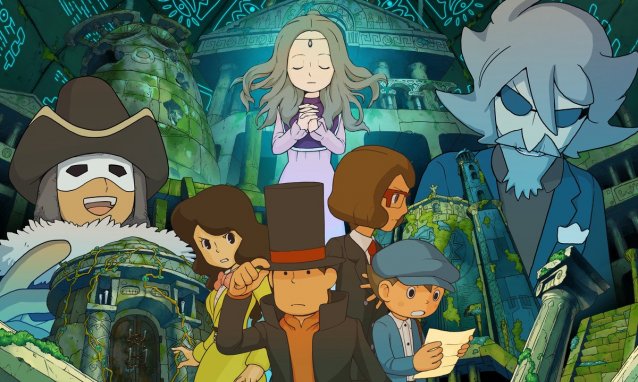

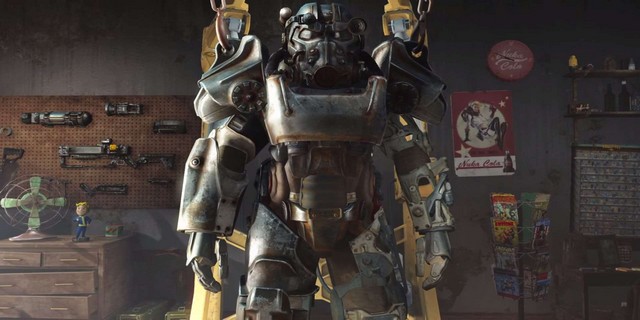 Fallout 4: All Side Quests Walkthrough
Fallout 4: All Side Quests Walkthrough Spectre costs millions of dollars to businesses in Mexico
Spectre costs millions of dollars to businesses in Mexico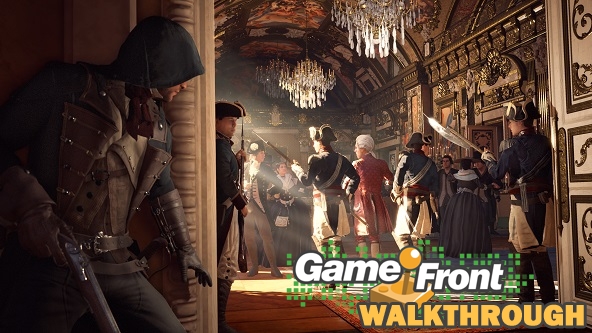 Assassin’s Creed: Unity Walkthrough
Assassin’s Creed: Unity Walkthrough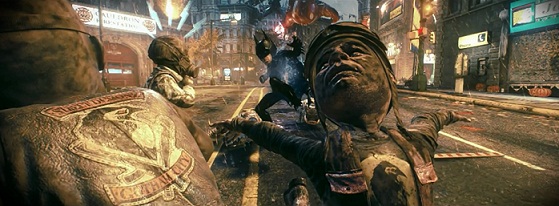 Batman Arkham Knight: unlock / disable Big Head mode
Batman Arkham Knight: unlock / disable Big Head mode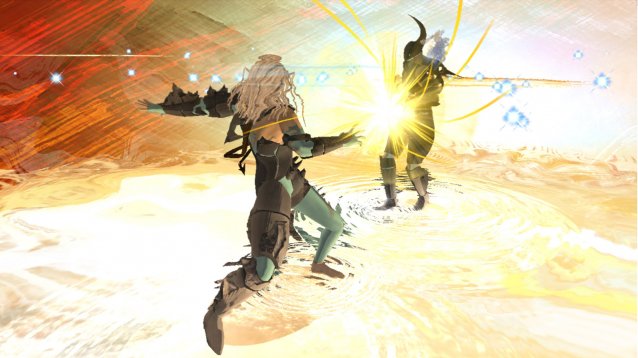 El Shaddai and the Importance of Choice
El Shaddai and the Importance of Choice